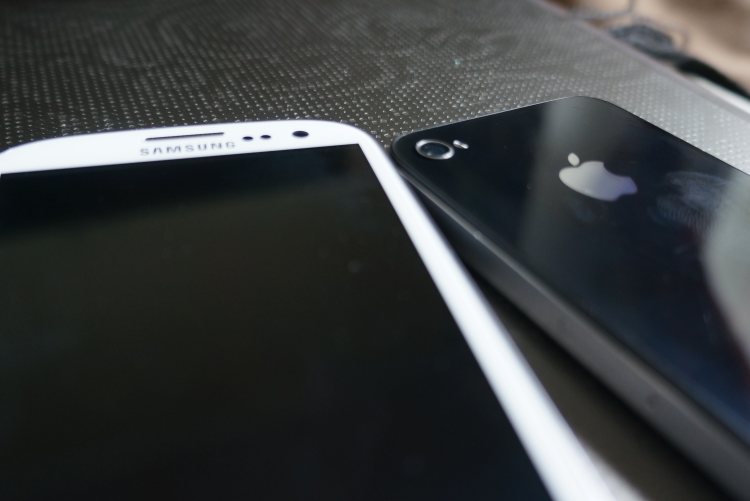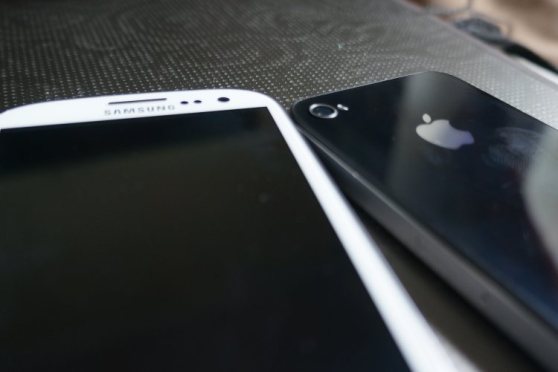Whichever way the verdict breaks, the Apple-Samsung patent trial will have wide implications throughout the technology industry.
Lawyers for the two sides wrapped up their closing arguments yesterday. Today, the jury deliberates and fills out a stack of paperwork. A verdict could come as soon as tomorrow.
“It’s a very important decision you have to make,” Samsung laywer Charles Verhoeven told the jury yesterday, according to SFGate. The decision “could change the way competition works in this country.”
At the heart of the issue is Apple’s claim that Samsung’s phones and tablet devices infringe seven of Apple’s patents, ripping off the iPhone and iPad’s design. Samsung, naturally, disputes this claim, and it has also filed a countersuit claiming that Apple infringed five of its own patents relating to wireless technologies. The jury will decide the outcome of both the suit and the countersuit in this trial.
At stake is whether patents are a competitive tool for use to control market share
Apple ended its closing remarks asking for the jury to consider damages of $2.5 billion, the assumed profit Samsung made off of the phones, if they find the accused products infringing. If Apple prevails, it has also asked the court to prohibit Samsung from importing the infringing products into the U.S. Samsung claims Apple did not take into account operational costs that Samsung put into those phones, and that it actually owes Apple just $22 million. In addition, the countersuit claims that Apple owes Samsung $422 million.
But the implications are far wider than monetary damages and import restrictions for these two companies.
“At stake is whether patents are a competitive tool for use to control market share,” said Cheryl Milone, the founder and chief executive officer of Article One Partners, a community of patent researchers, in an email to VentureBeat. While patents can and have been used for competitive purposes, Milone points out that this trial turns on a less-tested arena: The patentability of a device’s design and usability, or “trade dress” in the terminology of patent law.
“The outcome of this trial will govern the development of an industry where consumer marketing is the key driver, whether its breakthrough designs or consumer usability such as easy texting or photo sharing,” Milone said.
Apart from the impact on tech companies, this trial’s outcome will affect what the smartphone market looks like and how varied it is.
“If Apple succeeds in keeping Samsung at bay, industry designs will diverge and strengthen Apple’s market advantage,” Milone said. In other words, any company making tablets and phones will need to go back to the drawing board and look for ways of differentiating their designs — not an easy challenge when consumers seem to favor devices that are primarily large, flat touchscreens.
On the other hand, Milone said, “If Apple’s damages case falls short, designs will become more uniform in the smartphone market.” If you thought today’s phones looked like copycats of each other, just you wait.
If Samsung wins, “expect to see an awful lot of Apple knockoffs without fear of retribution,” said Michael Gartenberg, an analyst at market research firm Gartner, told the New York Times recently.
That’s especially critical for Apple, which has seen a tremendous amount of competition in the five years since it launched the iPhone as manufacturer after manufacturer jumped on the touchscreen phone trend. A similar thing happened after the launch of the iPad in 2008: A previously moribund tablet computer market came back to life, as manufacturers like Samsung, HTC, Toshiba, and others all released touchscreen tablets.


